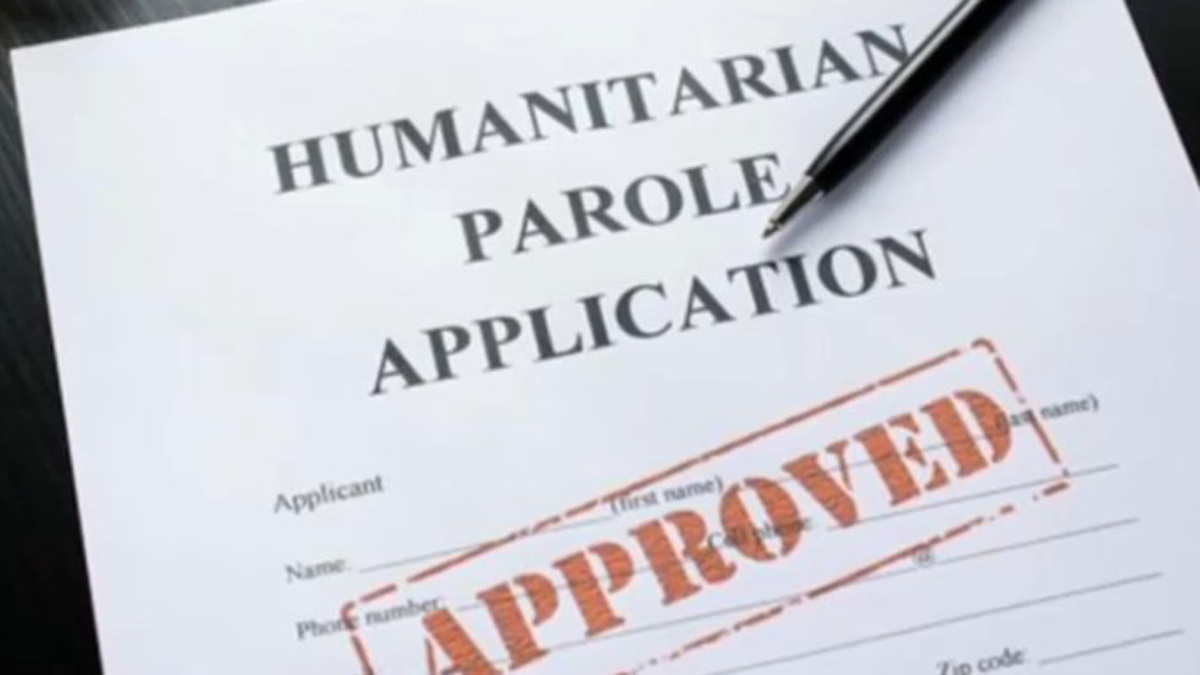Many Cubans who have crossed the Mexican border are only asking for parole to legalize themselves in the United States.
Some, like Isabela, a Cuban who has a parole order known as I-220A, say she just wants “to be able to do my residency…to be a good citizen in this country.”
This is what a group of Cubans, representing thousands of people who have the I-220A document, are asking for.
The US government grants the I-220A this document to certain people who have been detained and then released by immigration officials.
Jessica says she had to “leave it all behind. And we want to be free here. We have come to give ourselves to this country. We just want to be accepted.”
An I-220A was the document many like Maria received when crossing the border and being released by immigration officials. “We crossed and asked the United States to let us through because it is the beacon of freedom.”
Most of them have been in the United States for more than a year and a day but have not been able to apply for residency through the Cuban Adjustment Law, as this law establishes parole as a requirement. , not the I-220A.
Immigration attorney Miguel Inda Romero says it’s the result of “the act of releasing the person on parole. For us, parole and the I-220A is the same thing, that’s why it’s in federal court.”
A court which has not yet rendered a decision in favor of the migrants. So, for the moment, each case depends on the subjectivity of a judge.
“I’m here because historically Cubans have been granted parole upon arriving in this country,” says a Cuban couple with a particular case. She was paroled and is now a resident. But her husband was not legalized because they gave him an I-220A and now they fear deportation.
“Imagine living in a land of freedom and ending up in Cuba. In a country of repression”, denounce a mother and her daughter who have been waiting for four years.
Carolina, a Cuban girl with an I-220A, says only, “I want parole because when I grow up I want to live in freedom and study whatever I want.”

